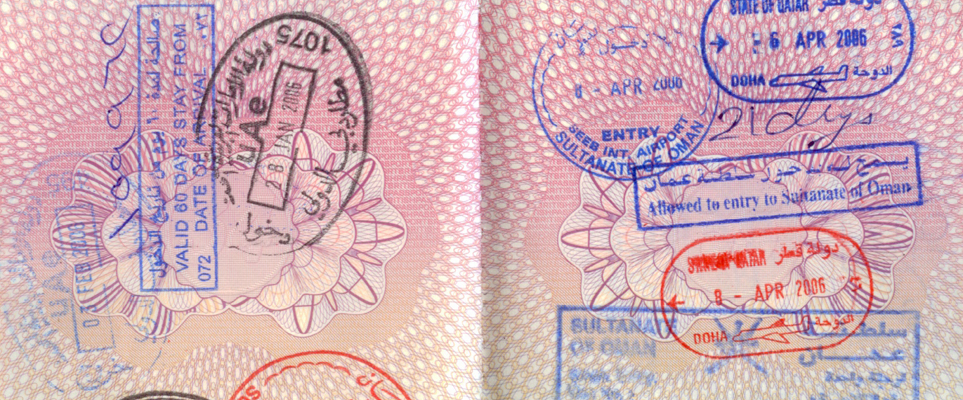No health insurance? No Dubai residency visa
Know your rights: From this June, all employers must organise health insurance for their employers. Without fail.
In just over a month you won’t be able to get your residency visa stamped unless you have health insurance.
The good news for individuals is that the responsibility for sorting this out falls on your employer.
In 2014 the Dubai Health Authority rolled out a plan to ensure all residents in the UAE had health insurance. Larger companies have already had to prove that all of their employees have valid health insurance, and now, in the final part of the plan, all companies with 100 employees or less will have to get health insurance sorted out for their employees.
This final phase includes health insurance for all spouses, dependents and domestic workers.
Linking the health insurance scheme to visa issuance and renewal is a way to ensure that no people are left without the security of health insurance, and the Dubai Health Authority predicts that around 75 per cent of Dubai residents are currently insured.
*MORE: Expecting a pay rise in Dubai soon? Well…*
This means that 25 per cent of the population in the UAE might be without health insurance (but, legally, they will have to have it by the end of June this year).
 No health insurance? No visa.
No health insurance? No visa.
Companies and individuals that do not insure employees (or dependents) before the end of June will face penalties, with fines ranging from Dhs500 to Dhs500,000.
The insurance can be bought from one of the 46 insurers that are approved by the DHA.
In 2014 companies with more than 1,000 employees were required to insure their workers upon visa renewal or issuance, in 2015 those with 100 to 999 employees did so, and this will be the last phase.
In 2014, Dr Haider Al Yousuf, director of Health Funding at DHA said that the move would help employees and would only have a “minimum impact” on employers in terms of cost.
*ALSO: Getting, renewing or cancelling a UAE visa is about to get easier*
“On an average, health insurance costs 1.5 per cent of the monthly salary. For example, if an employer pays Dhs10,000 per month in salaries, if he adds Dhs150 per month, it covers the cost of health insurance.
“This is a minimum impact, adequate benefit plan; clearly the benefits outweigh the minimum costs involved. The scheme protects both employers and employees from unforeseen health care costs that can arise out of an illness or an emergency.”
So if your employer is refusing to offer you medical insurance, you can now know that it’s a legal requirement. End of discussion.
– For more about Dubai straight to your newsfeed, follow us on Facebook.
Photos: Getty Images
